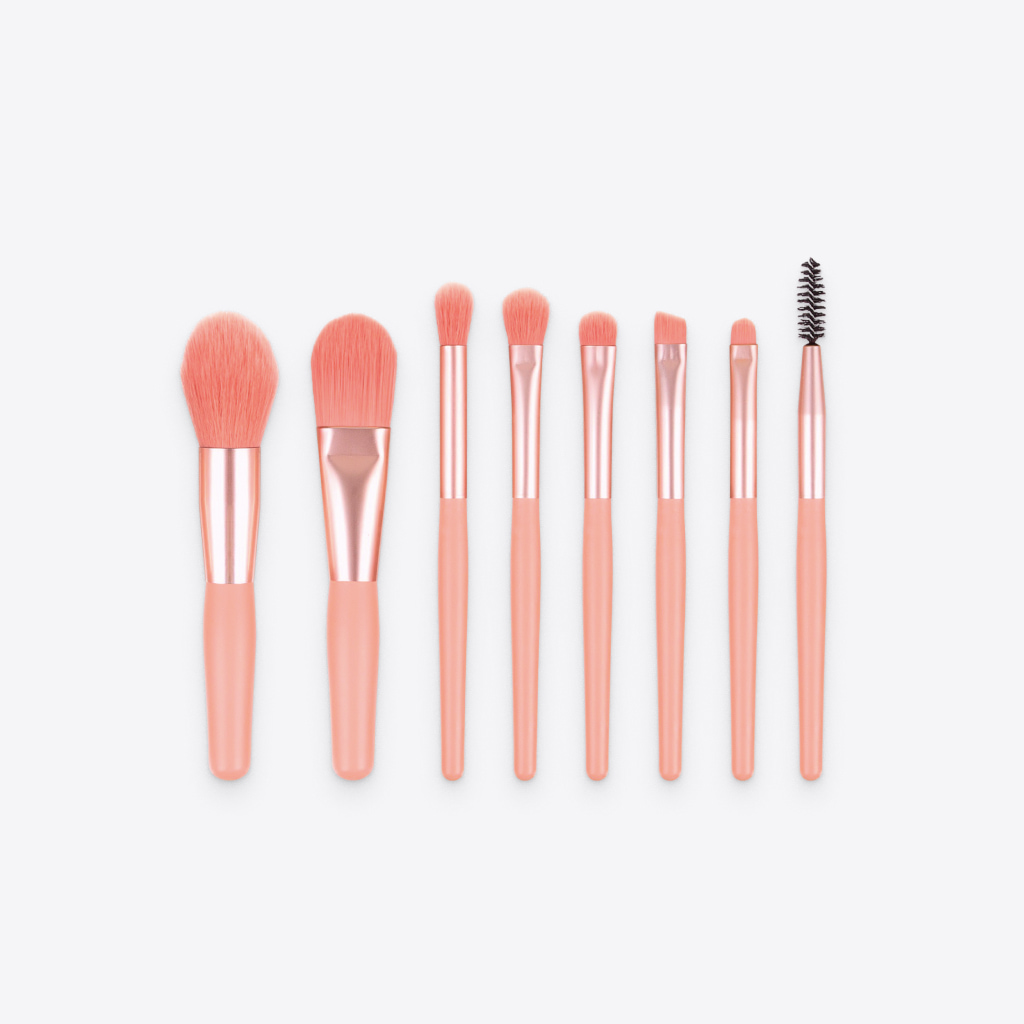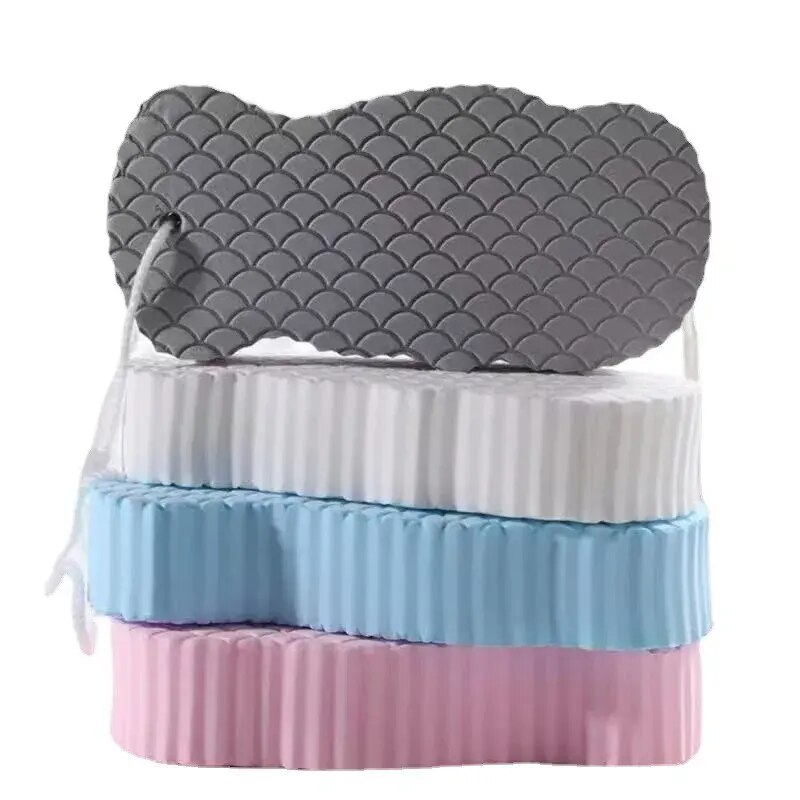Achieving a healthy and glowing skin tone isn’t just about what products you use, but how you use them. This article explores the importance of understanding your skin type, choosing the right cleansers, and incorporating effective cleansing techniques into your skincare routine. We’ll delve into the nuances of skin care, including exfoliation, hydration, and advanced cleansing methods, to help you establish a routine that promotes radiant, healthy skin.
Key Takeaways
- Identify your skin type to tailor your skincare routine effectively.
- Choose cleansers with ingredients that suit your skin’s specific needs.
- Incorporate regular exfoliation into your routine to remove dead skin cells and promote cell renewal.
- Hydrate your skin thoroughly after cleansing to maintain its health and appearance.
- Adopt advanced cleansing techniques like double cleansing for a deeper clean and better results.
Understanding Skin Types and Their Needs
Identifying Your Skin Type
Understanding your skin type is the first step towards a tailored skincare regimen. By identifying your unique needs and selecting products that are suited to your skin type, you can enhance your skin’s health and appearance. Common skin types include oily, dry, combination, and sensitive.
Customizing Your Cleansing Routine
Once you know your skin type, customizing your cleansing routine becomes crucial. Use gentle cleansers for sensitive skin, and stronger formulations for oily skin. Remember, the right cleanser can make a significant difference in your skin’s health.
Common Mistakes to Avoid
Avoid common skincare mistakes such as over-cleansing and using products that are not suitable for your skin type. This can lead to issues like dryness and irritation. Instead, focus on finding a balance that maintains your skin’s natural barriers.
Choosing the Right Cleansers
Ingredients to Look For
When selecting a cleanser, it’s crucial to choose gentle cleansers that are fragrance-free, hypoallergenic, and free of harsh chemicals to minimize the risk of irritation. Key ingredients to look for include hyaluronic acid for hydration, salicylic acid for acne control, and ceramides to protect the skin barrier.
Cleansers for Different Skin Types
Each skin type requires a specific approach:
- Normal skin: A balanced cleanser that doesn’t strip natural oils.
- Oily skin: Foaming or gel cleansers that help control excess sebum.
- Dry skin: Cream-based cleansers that provide extra moisture.
- Sensitive skin: Hypoallergenic and soothing ingredients to prevent irritation.
- Combination skin: A gentle cleanser that addresses both dry and oily areas.
Natural vs. Chemical Cleansers
Choosing between natural and chemical cleansers depends on personal preference and skin sensitivity. Natural cleansers often use ingredients like green tea or chamomile, which are gentle and soothing. Chemical cleansers might offer more potent results but can be harsher on the skin. It’s important to test products and consult with a dermatologist to find the best option for your skin type.
The Role of Exfoliation
Benefits of Regular Exfoliation
Regular exfoliation is crucial for maintaining the health and glow of your skin. It helps in removing dead skin cells, which can clog pores and dull your complexion. By incorporating exfoliation into your skincare routine, you can enhance the skin’s renewal process, making it look more vibrant and youthful.
Choosing the Right Exfoliant
Selecting the right exfoliant depends on your skin type and sensitivity. For sensitive skin, opt for gentle exfoliants like lactic acid or fine scrubs. Those with oilier skin may benefit from stronger exfoliants like salicylic acid. Here’s a quick guide:
| Skin Type | Recommended Exfoliant |
| Sensitive | Lactic acid, fine scrubs |
| Oily | Salicylic acid |
| Normal | Glycolic acid |
How Often Should You Exfoliate?
Determining the frequency of exfoliation is key to avoiding skin irritation. For most skin types, exfoliating 2-3 times a week is sufficient. However, those with sensitive skin should limit it to once a week to prevent over-exfoliation.
Note: Always follow exfoliation with a hydrating moisturizer to maintain skin balance and health.
Hydration and Its Impact on Skin Health
Importance of Hydrating After Cleansing
Hydrating immediately after cleansing is crucial as it helps to lock in moisture and prevent the skin from drying out. Using a hydrating toner or serum can significantly enhance the skin’s moisture barrier, ensuring that the skin remains supple and resilient against environmental stressors.
Best Hydrating Ingredients
Some of the most effective hydrating ingredients include:
- Hyaluronic Acid
- Glycerin
- Aloe Vera
- Squalane
These ingredients help to attract and retain moisture, promoting a healthy, glowing complexion.
Tips for Maintaining Hydrated Skin
To maintain optimally hydrated skin, consider the following tips:
- Drink plenty of water throughout the day.
- Use products tailored to your skin type.
- Avoid harsh cleansers that can strip the skin of its natural oils.
- Apply moisturizers immediately after bathing to lock in moisture.
Maintaining a consistent hydration routine is essential for achieving and sustaining a healthy skin tone.
Advanced Cleansing Techniques
Double Cleansing Method
Double cleansing involves using two different types of cleansers to ensure all impurities are removed from the skin. First, an oil-based cleanser is used to dissolve makeup and sebum, followed by a water-based cleanser to clean deeper into the pores. This method is especially beneficial for those wearing heavy makeup or living in polluted environments.
Using Cleansing Tools
Incorporating tools like facial brushes or silicone pads can enhance the cleansing process by providing a deeper clean and gentle exfoliation. These tools help in removing dead skin cells and boosting circulation, leading to a more radiant complexion.
Oil Cleansing Method
The oil cleansing method uses natural oils to dissolve impurities without stripping the skin of its natural oils. Suitable oils include jojoba, coconut, or almond oil. This technique is particularly effective for dry or sensitive skin types, as it helps maintain the skin’s moisture barrier.
Note: Always follow up any cleansing method with appropriate hydration to keep the skin balanced and healthy.
The Importance of a Nighttime Skincare Routine
Benefits of Nighttime Cleansing
Nighttime is crucial for skin rejuvenation, as it is the time when the skin repairs itself. Removing makeup, oil, and dirt before bed prevents clogged pores and breakouts, ensuring that the skin’s natural processes can proceed unimpeded.
Key Products for Evening Use
To maximize the benefits of your nighttime routine, use products tailored to your skin’s needs. Essential items include a gentle cleanser, a hydrating toner, and a nourishing night cream. For an added boost, consider serums with active ingredients like retinol or hyaluronic acid.
Creating a Relaxing Nighttime Routine
Establishing a calming pre-sleep ritual can enhance your skin’s health. Begin by dimming the lights and engaging in soothing activities such as reading or meditating. This not only helps in winding down mentally but also signals your skin to begin its night-time healing process.
Addressing Skin Concerns Through Cleansing
Cleansing for Acne-Prone Skin
For those with acne-prone skin, choosing the right cleanser is crucial to manage breakouts and prevent irritation. Opt for products that contain salicylic acid or benzoyl peroxide, which can help to clear pores and reduce acne-causing bacteria. Avoid harsh scrubbing; a gentle approach can prevent skin irritation.
Solutions for Sensitive Skin
Sensitive skin requires a delicate balance to avoid aggravating the skin. Look for hypoallergenic and fragrance-free cleansers that minimize potential irritants. Using a soft cloth or cotton pads to gently wipe away makeup can help maintain skin integrity.
Preventing Aging Signs with Proper Cleansing
Proper cleansing can significantly delay the signs of aging. Incorporate cleansers with antioxidants and hydrating ingredients to support skin elasticity and moisture. Finish your cleansing routine with a hydrating product to lock in moisture and protect the skin barrier.
Note: Always patch test new products to ensure compatibility with your skin type.
Conclusion
In conclusion, embracing a comprehensive cleansing routine is pivotal for maintaining healthy and glowing skin. By understanding the importance of each step, from choosing the right cleansers to incorporating exfoliation and hydration, individuals can significantly enhance their skin’s appearance and health. Remember, consistency is key, and making these practices a regular part of your skincare regimen will yield the best results. Embrace the power of cleansing and unlock the potential of your skin to be at its best.
Frequently Asked Questions
How do I determine my skin type?
You can determine your skin type by observing how your skin behaves without any products on it a few hours after cleansing. Common types include oily, dry, combination, and sensitive skin.
What are the key ingredients to look for in a cleanser for acne-prone skin?
Look for ingredients like salicylic acid, benzoyl peroxide, and glycolic acid, which help to reduce acne by unclogging pores and reducing inflammation.
How often should I exfoliate my skin?
It depends on your skin type, but generally, it’s recommended to exfoliate 1-3 times a week. Over-exfoliating can lead to skin irritation and damage.
What are the benefits of double cleansing?
Double cleansing helps to thoroughly remove makeup, dirt, and impurities from the skin. It typically involves using an oil-based cleanser followed by a water-based cleanser.
Can cleansing help prevent signs of aging?
Yes, proper cleansing can help prevent signs of aging by removing impurities that contribute to skin damage and by allowing anti-aging products to penetrate more effectively.
What is the best way to maintain hydrated skin after cleansing?
After cleansing, immediately apply a hydrating toner, serum, or moisturizer to lock in moisture. Look for products containing hyaluronic acid, glycerin, or ceramides.


















Leave a comment